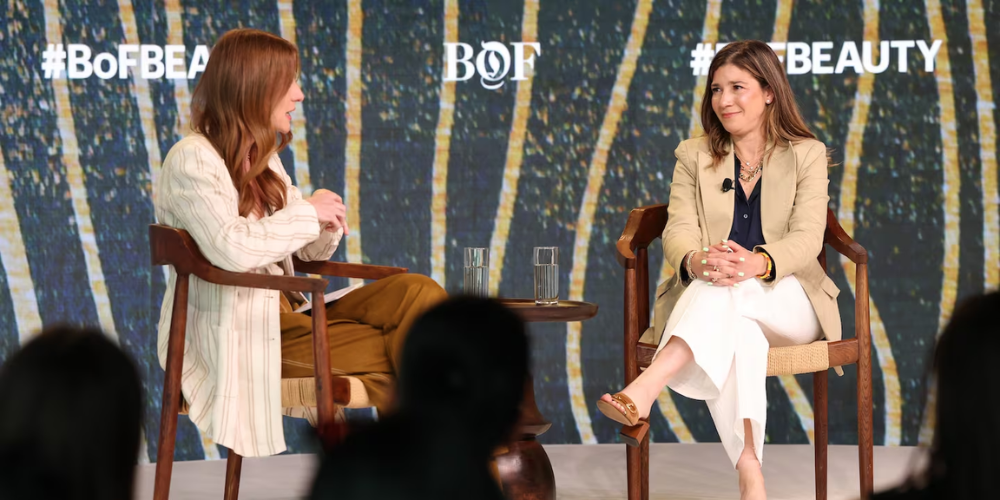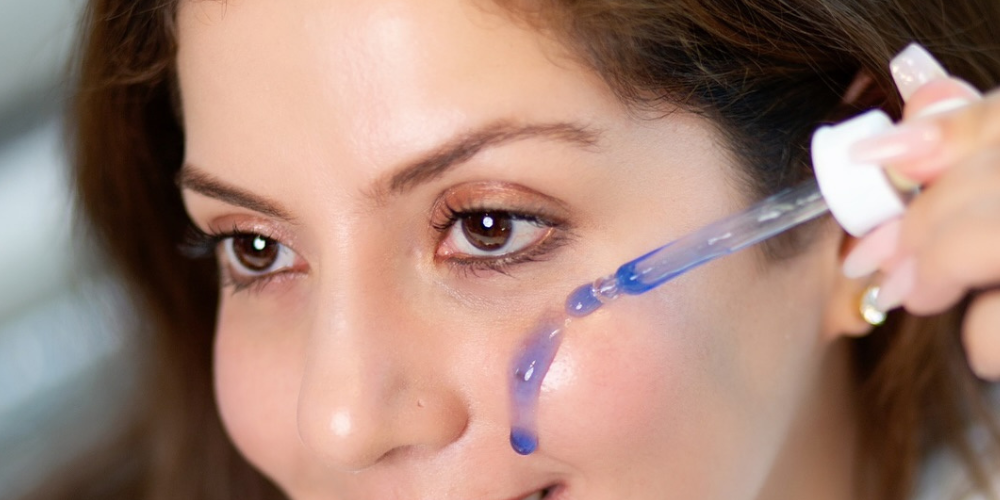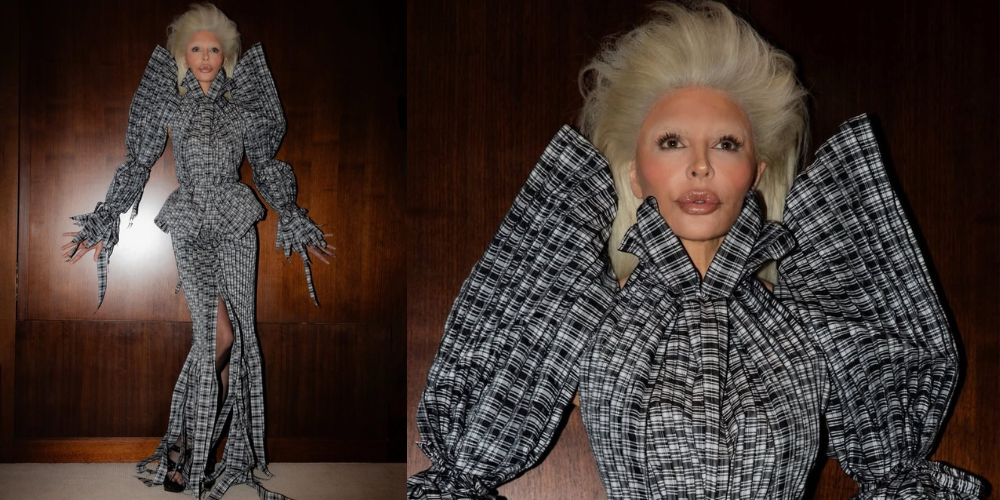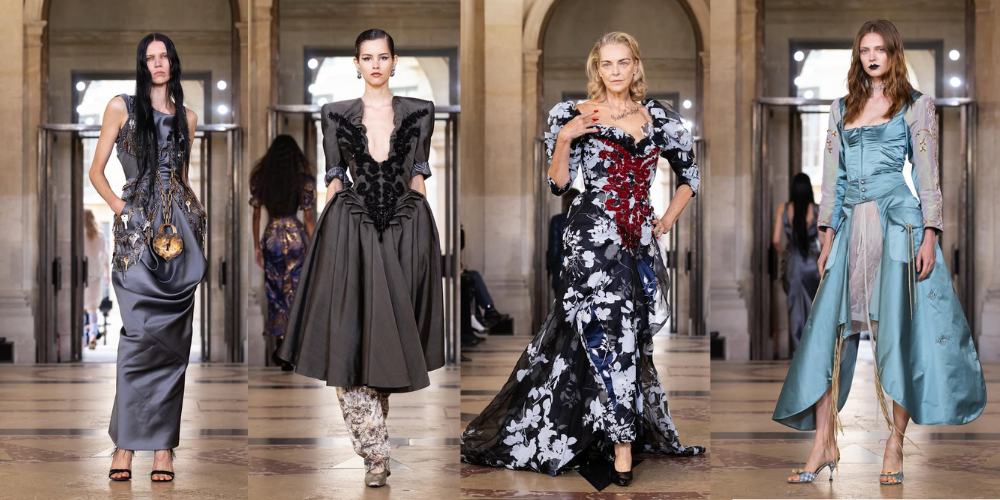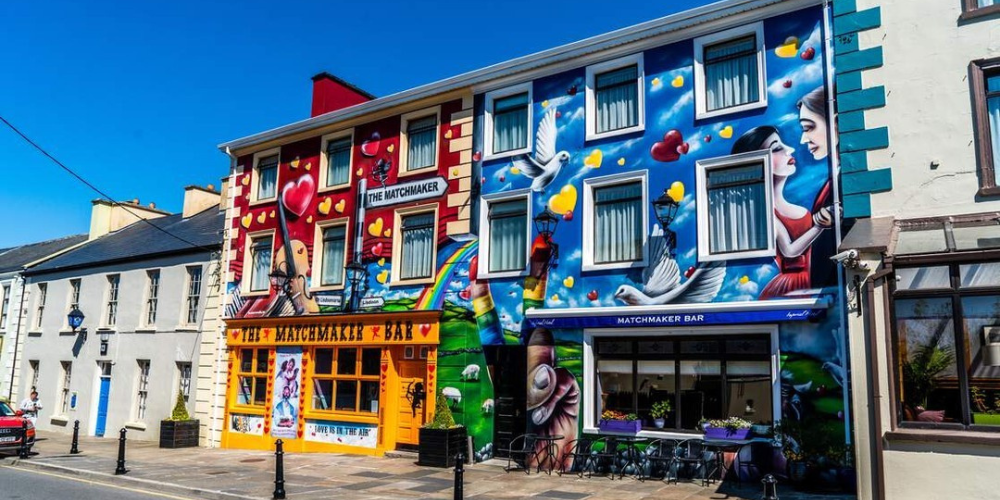The prestige beauty industry is at a turning point, shaped by changing consumer values and expectations.
At the recent Business of Beauty Global Forum 2025, Mary Carmen Gasco-Buisson, CEO of Unilever Prestige, discussed the shifting meaning of value in prestige beauty during a conversation with Johanna Stout, BoF’s chief business officer and head of beauty.
What they’re seeing reflects a real shift in consumer priorities. Shoppers today want more than just a product—they’re drawn to brands that feel genuine, deliver real results, and offer something they can connect with. For prestige players, staying in the game means rethinking old strategies and evolving with the people they serve.
The New Meaning of Value in Prestige Beauty
Following a few strong years of growth—roughly 7% annually between 2022 and 2024—the prestige beauty space is starting to settle into a slower, more cautious rhythm. Economic uncertainty and shifting consumer priorities are prompting a recalibration. Even so, the forecast remains positive, with the market expected to grow by about 5% each year through 2030.
One reason for that resilience is a broader definition of beauty—one that increasingly includes wellness, personal care, and targeted treatments. Buyers today aren’t just chasing luxury labels; they’re asking tougher questions and looking for evidence. Effectiveness, backed by real results, matters more than glossy packaging or brand prestige alone.
According to recent industry research, about 75% of beauty executives believe that consumer perceptions of value will be the primary driver shaping the future of prestige beauty. Nearly half identify unpredictable spending habits as a potential risk to growth.
This environment urges prestige brands to sharpen how they present value — not just through price or packaging but through measurable results and meaningful experiences.
What Defines Value?

Instagram | @bof | Value, according to Mary Carmen Gasco-Buisson, is the interplay of efficacy, experience, and emotion versus price.
Mary Carmen Gasco-Buisson breaks value down into three key elements: efficacy, experience, and emotional connection—all balanced against the price paid.
Efficacy: Does the product deliver on its promises? Consumers expect visible, reliable results.
Experience: Is the product enjoyable to use? This includes texture, scent, packaging, and how it fits into one’s routine.
Emotional resonance: Does the product make the user feel confident or cared for?
These factors create two pivotal moments for a brand. First, the moment a customer becomes aware of the product and asks, “Do I need this?” Then, the moment they use it and it makes a meaningful difference, creating a lasting impression.
For many consumers, beauty is no longer superficial. It’s tied closely to well-being and self-expression, reflecting how they show up in life, whether at work, home, or social settings.
Innovation With Purpose
With today’s shelves crowded by well-made, affordable products, luxury brands can no longer count on their name alone to command premium prices. Consumers now expect more than sleek packaging or prestige—they’re looking for real value and meaningful innovation.
That’s where true differentiation happens. Instead of following fleeting trends, successful high-end brands are addressing genuine problems in ways that mass-market players haven’t. Take K18, for instance—a science-led brand under Unilever Prestige. It’s found its place by using biotech to tackle hair damage—an approach that speaks to consumers looking for real results backed by science. This isn’t just clever marketing; it’s the kind of innovation that earns trust over time and keeps people coming back.
Seeing ‘Dupe Culture’ as an Opportunity
The popularity of dupes—affordable alternatives mimicking prestige products—has changed how consumers view value. While some might see dupes as a threat, Gasco-Buisson views them as a challenge for prestige brands to deepen their connection with customers.
A true prestige product creates an emotional bond beyond just delivering results. Sometimes, it’s about more than just the product—it’s the feeling it brings. Whether it helps someone feel more confident or turns an everyday routine into a moment of care, its value comes from the impact it has. What makes something a favorite isn’t exclusivity—it’s the way it genuinely changes how people feel or experience their day.
Protecting Brand Identity
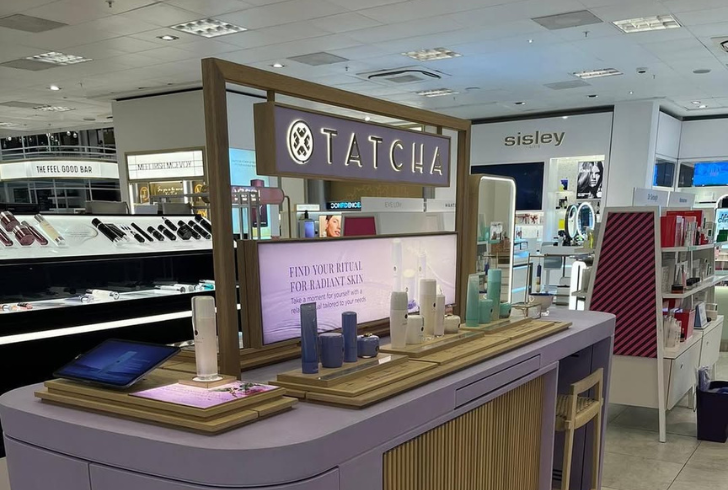
Instagram | @vasilikiprestige | Scaling while preserving the founder's vision, like Tatcha does, keeps a brand authentically unique.
At Unilever Prestige, preserving what makes each brand special is a central focus. As these brands expand, there’s a deliberate effort to grow without losing sight of what made them special in the first place. Staying true to the founder’s original vision keeps their identity intact. That’s why brands like Hourglass, Tatcha, and Dermalogica still feel personal and distinctive, even as they reach a wider global audience.
Across the portfolio, there’s a shared dedication to quality, responsible sourcing, and stories that resonate. It’s this balance of purpose and performance that helps prestige beauty stay relevant—even in a market crowded with options.
Innovation That Breaks the Mold
The future of prestige beauty lies in solving real, unmet needs. Brands that lead with smart innovation and honest science will stay ahead. Consumers no longer want copies. They want originality. “Sameness” doesn’t hold value—shoppers are drawn to products that offer something new and meaningful.
True value goes beyond results. It’s also about how a product makes someone feel. Great beauty experiences should help people feel seen, cared for, and confident, both in the mirror and in daily life.
The Value That Lasts
Prestige beauty isn’t about flashy packaging or steep price tags anymore. It’s being redefined by honesty, thoughtfulness, and a willingness to push boundaries with real intent. The brands making a mark today are the ones offering visible results, genuine experiences, and a sense of connection that resonates.
In a market where customers are paying closer attention, the brands that truly grasp what value looks and feels like—not just what it costs—are the ones positioned to last. Because in the end, beauty isn’t just something we apply—it’s something we respond to, something that moves us.


